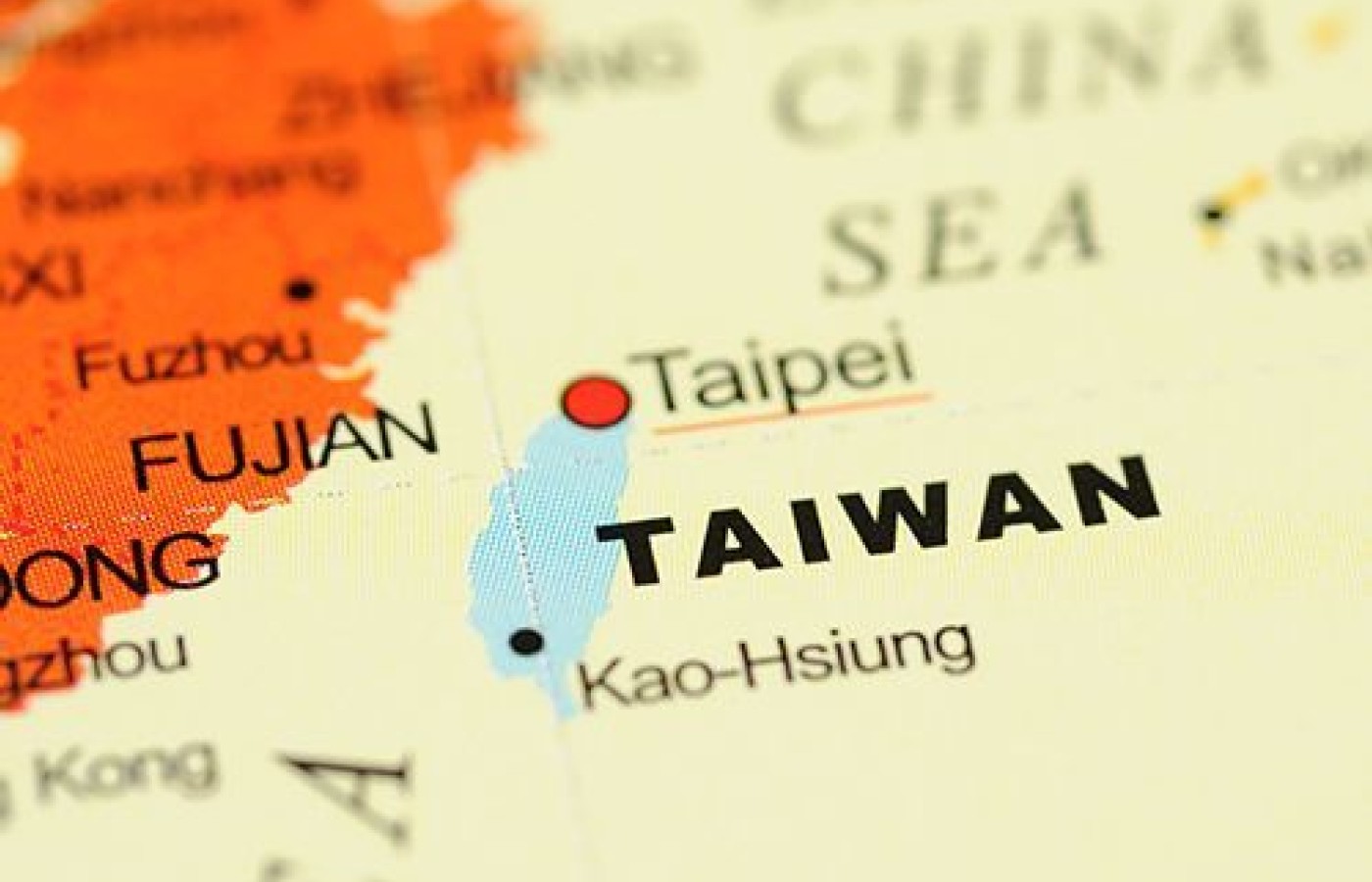Structured water (H3O2) can be considered a fourth state of water between liquid and solid. It has the hexagonal structure of ice; however, missing a critical bond, it behaves more like a gel than a solid, but retains some of its crystalline structure.
Acupuncture in Taiwan Vs. the U.S.
Although I was born in Taiwan, my family immigrated to the U.S. when I was 3-and-a-half years old. Growing up in a family that hardly took medications, my earliest memories of Chinese medicine was drinking herbal soups as a tonic or being given loquat herbal syrup when experiencing coughs as a kid.
Although my mother tells me that I have been to a Chinese medicine doctor in Taiwan, my first memory of acupuncture was much later on. In my twenties, I decided to go see an experienced acupuncturist in Seattle who trained and taught in China for over 30 years. I remember getting cupping and moxa and found it to be such a wondrous experience. Since then, I have experienced acupuncture treatments in the States in a variety of settings: from a no-frills community acupuncture setting to the most amazing private acupuncture treatment that incorporated the Total Body Modification modality and spiritual transformation.
Acupuncture in the States
My experience at each acupuncture clinic in the States has been different. For instance, at one community acupuncture clinic, the acupuncturist does a full intake and checks tongue and pulse only during the first visit. The rest of the visits are completely based on a verbal intake of symptoms.

I typically fly to California to see my favorite acupuncturist. Her treatments are extremely effective and she is always growing spiritually. I enjoy going to her clinic because it has a very high positive energetic vibration. As such, I find myself experiencing either spiritual transformation or a very peaceful grounded feeling coming out of the treatments. I've had other kinds of Chinese medicine treatments in the States as well. I've had my pulse read by a well-known Chinese medicine doctor, he typically just does a pulse reading, prescribes herbs, and sends people on their way.
Acupuncture Abroad
I've also experienced Japanese acupuncture treatments from a Japanese American acupuncturist. He would identify problem areas and assess which targeted points to insert the needle in after making a fine tuned clinical assessment that included pulsating the problem areas. He would proceed to give amazing acupuncture treatments while incorporating high-quality moxa. The wonderful aroma of moxa wafting in my nose every time I went would keep me going back.
In Taiwan, I have been to four different acupuncturists at two separate clinics. The clinical experience in Taiwan has a different emphasis, it seems to be more about clinical effectiveness than it is about also achieving a peacefulness or Zen experience, which is what clinics in the U.S. often strive for. At both clinics I've been to in Taiwan, the rooms are equipped with simple brown treatment tables and comfortable cushioned seats. The décor is more like that of a hospital setting (white and light green walls), even though both clinics I went to were outpatient clinics.
Privacy is achieved with curtains, or sometimes acupuncture is given in the room where the doctor does his/her assessment. Sometimes treatments are given while laying down on the table; others are given while the patient is seated. It's possible to be in close proximity to another patient especially while seated and receiving acupuncture.
I went in for a visit last week because my left, big toe was bothering me from dancing ballet. My acupuncturist chose to give me a treatment while standing (in a small private treatment room where there was no treatment table). He said that my digestive system was affecting the strength of my toes and inserted the needles in while I was standing. A nurse came in and held up a cloth while he treated me.
Emphasis is placed on the clinical experience vs. privacy and the surrounding aesthetics. Treatments I've experienced in Taiwan tend to be short, typically 10 minutes or less for an assessment/diagnosis and 20 minutes or less having the needles in. Treatments in the U.S. have often been 45 minutes to an hour. It's also common to do walk-ins in Taiwan. I've observed people sitting and waiting for 20-90 minutes. Support staff range from those who prepare the Chinese herbs to nurses who help the patient get situated before the acupuncturist inserts the needles.
I go to one acupuncturist in Taiwan because he is amazing and fine-tuned with his skill of pulse reading. Somehow even the experience of him doing the pulse reading seems healing to me. I go to another acupuncture clinic because I love the herbal infusions vaporized in the air during the treatment. Every time I have been there, especially if it's pain-related, my treatments have come with the enjoyment of a wonderful aroma of herbs warmed up and vaporized near the area of the body that is requiring the most attention. Somehow the aroma adds to the experience and feels very calming and healing.
Do needles hurt? They most certainly do when I've received treatments in Taiwan. One of my acupuncturists in the U.S. does very targeted acupuncture (few needles) and they hurt upon insertion…the needles feel spot on when she puts them in and provide a greater sensation than any of the other acupuncture treatments I've received in the U.S. Most acupuncture treatments I've experienced in the U.S. do not hurt. However, the treatments in Taiwan mostly hurt. It seems like the needles are inserted to the deepest possible place to the point where you are wanting to let out a cry of pain while secretly trying hard to keep it to yourself.
The fees—in Taiwan, acupuncture is covered by the national health insurance system. After a small one-time co-pay before the first outpatient visit of the series of treatments, you are eligible for a certain number of visits, ie: from the first day of treatment, six acupuncture sessions to treat the same condition within 30 days. There is a small monthly fee that people pay for national health insurance coverage.
I've come to recognize that I go to acupuncture for the experience, the clinical effectiveness, and sometimes just for the experience of the visit itself and the joy of my relationship with the practitioner. I have found that part of the healing process comes from the level of connection I experience with my acupuncturist/healer and even how we are connecting at a spiritual level. Sometimes even just their smile, or the way they listen to and attend to my situation can be healing.



